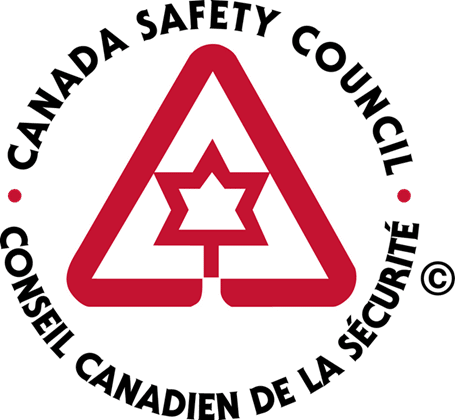Report Blows the Whistle on Railway Safety
In response to a series of serious derailments, Transport minister Lawrence Cannon set up an advisory panel to review the Railway Safety Act in December 2006. In August 2005, a CN train had derailed near Squamish , British Columbia , Columbia , spilling 40,000 litres of caustic soda that virtually wiped out the Cheakamus River ‘s fish population of fish and led to extensive environmental damage. This was the first of four similar incidents between August and December 2005.
“You would expect a single incident would trigger the company to take preventive action,” says Jack Smith, president of the Canada Safety Council. “You would most certainly expect the regulator, Transport Canada , to check what action had been taken.”
Apparently this did not happen. Then, on June 29, 2006, yet another CN train derailed near Lillooet. This time two crew members were killed.
Although the advisory panel only considered the statistics up to the end of 2006, the upward spiral of railway problems continues. From January 7, 2007 to March 5, 2008, there were 15 major incidents on Canada ‘s railways—more than in the previous six years.
The 1999 amendments to the Railway Safety Act gave railway companies the authority to implement Safety Management Systems (SMS) integrating safety into day-to-day operations. The new approach meant Transport Canada largely gave up its regulatory oversight role. Spot audits, historically regarded as critical safety checks, ended.
The Canada Safety Council’s presentation to the review panel noted the rise in rail incidents followed this change. It suggested Canadians would be shocked to learn the degree to which the government had reneged on its responsibility for railway safety.
The advisory panel’s report recognized that SMS has not resulted in the overall safety improvements that were expected. It called for a strong and proactive role for Transport Canada ’s Rail Safety Directorate, and a strong commitment to funding and staffing.
The report presented more than 50 recommendations to improve rail safety in Canada . Transport Minister Cannon immediately took the first step recommended in the report by establishing an Advisory Council on Railway Safety.
